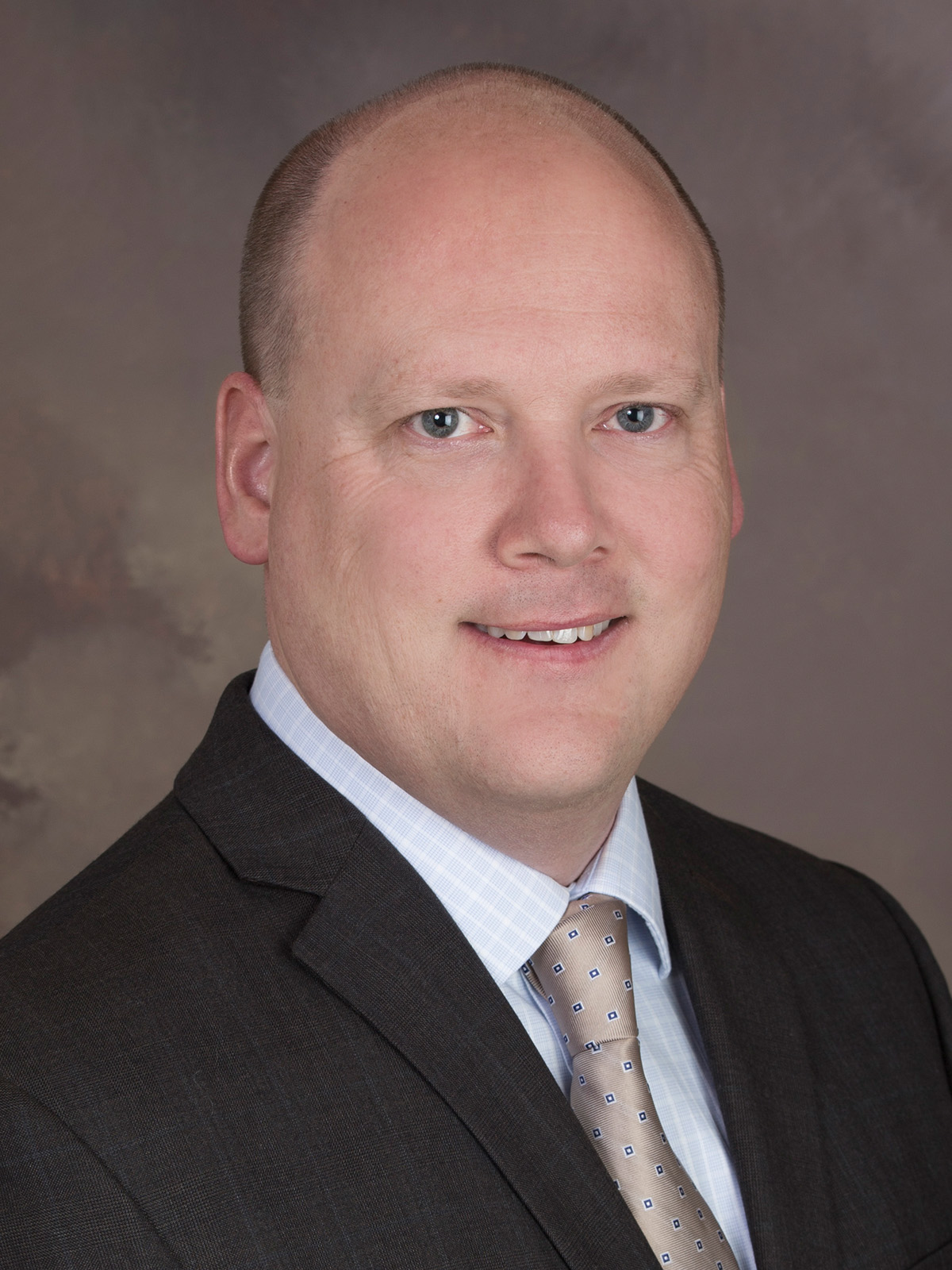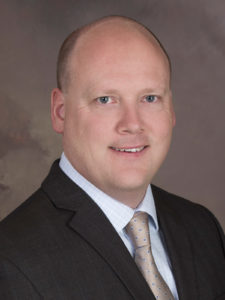
As I mentioned in the last post, I thought it would be great to give the opportunity to our engineers and consultants to share their stories of how they found the fire protection engineering industry. If you’d like to read the stories from the first installment, you can find them here. Ready to learn more about our experts? Read on!
 Dale Hansen, Principal and Senior Fire Protection Engineer / Combustible Dust Consultant, with Harrington Group for over 13 years: I was first exposed to the idea of fire protection engineering from a college professor at Brigham Young University, who spoke of his experiences investigating the cause and origin of fires and explosions in coal mines. While he didn’t refer to his work as fire protection engineering (he called it “forensic engineering”), I remember thinking to myself as a civil engineering undergraduate student in my senior year, “What an interesting and specialized career…I sure wish I would have known about this ‘forensic engineering’ career option four years ago!”
Dale Hansen, Principal and Senior Fire Protection Engineer / Combustible Dust Consultant, with Harrington Group for over 13 years: I was first exposed to the idea of fire protection engineering from a college professor at Brigham Young University, who spoke of his experiences investigating the cause and origin of fires and explosions in coal mines. While he didn’t refer to his work as fire protection engineering (he called it “forensic engineering”), I remember thinking to myself as a civil engineering undergraduate student in my senior year, “What an interesting and specialized career…I sure wish I would have known about this ‘forensic engineering’ career option four years ago!”
The following year, I was a newly commissioned Civil Engineer Corps officer in the U.S. Navy working on a large training complex in Pensacola, Florida. Part of the project included a gaseous fire protection system for a computer room, and I was introduced to the Navy’s civilian fire protection engineer who had to approve the design and installation of the system. I remember that this FPE was highly regarded by the project team as the authority on these matters, and that impressed me because I knew that one day I wanted to be regarded similarly as an expert in my field.
Shortly after meeting the fire protection engineer in Pensacola, I was transferred to the Marine Corps bases in Okinawa, Japan, where I “volunteered” (in the true military fashion) to act as the Navy’s project manager for the many fire sprinkler and fire alarm retrofit projects that were ongoing in several of the base warehouses and the naval hospital. I was able to work closely with the regional civilian FPE, and through that association, I learned that fire protection engineering was a highly specialized discipline that was gaining recognition and importance in the design and construction industry. I was then assigned as the engineer responsible for all of the U.S. Naval Hospital facilities in Okinawa, and I had an opportunity as part of that job to take a course on the Life Safety Code, which was taught by a consulting fire protection engineer. That course, along with my prior experience and exposure to the field, led me to the realization that I really wanted to be a consulting fire protection engineer and that I couldn’t do that as a Civil Engineer Corps officer. So, after consulting with my wife, we decided that I should resign my commission as an officer so that I could pursue a career as a fire protection engineer in the private sector. As someone who has always had a desire to practice in a highly specialized and technical field of engineering, this was the best career decision I could have made at the time.
 Matt Connolly, Fire Protection Consultant, with Harrington Group for over three months: I think that almost every boy in America has at one point or another, wanted to be a firefighter. I was no different. Growing up, two of my uncles were firefighters, so there was no shortage of influence. After considering several careers: professional basketball player, marine biologist, ship captain, and architect (in that order), one could say I came to my senses around the age of 13 (an age where arguably much logic is used), and decided that I was destined to be a firefighter. Or, you could say I saw the movie “Ladder 49” and that tipped the scales.
Matt Connolly, Fire Protection Consultant, with Harrington Group for over three months: I think that almost every boy in America has at one point or another, wanted to be a firefighter. I was no different. Growing up, two of my uncles were firefighters, so there was no shortage of influence. After considering several careers: professional basketball player, marine biologist, ship captain, and architect (in that order), one could say I came to my senses around the age of 13 (an age where arguably much logic is used), and decided that I was destined to be a firefighter. Or, you could say I saw the movie “Ladder 49” and that tipped the scales.
Then came sophomore year of high school. My English teacher forced us all to write a paper on our career aspirations. At the green age of 14, I started considering all the factors that go into choosing a career, and realized a few things that perhaps in the midst of watching Ladder 49, I had not considered: 1) firefighting can be extremely dangerous; 2) I wanted a 4-yr degree to fall back on if firefighting didn’t work out; 3) see #1. It seemed that firefighting was not the path I was meant to travel (interestingly enough, I still became a volunteer firefighter 9 years later). However, I knew I wanted to do some form of work that impacted firefighters in a positive manner.
Having always had a knack for creative problem solving, I thought that if there was some sort of engineering that was specific to fires, I’d be in business. A few Google searches later, I discovered that there was a 5-year master’s program at WPI in the niche field of fire protection engineering. Ten years since submitting a poorly written paper on fire protection engineering, I’m showing up to work at Harrington Group every day to do my dream job…Or plotting to become a ship captain—one never knows what the future holds!
There are still a couple more career path stories I’d like to share in the next post: Getting to Know Harrington Group Part 3: How Did You Know You Wanted to be a Fire Protection Engineer / Consultant?

